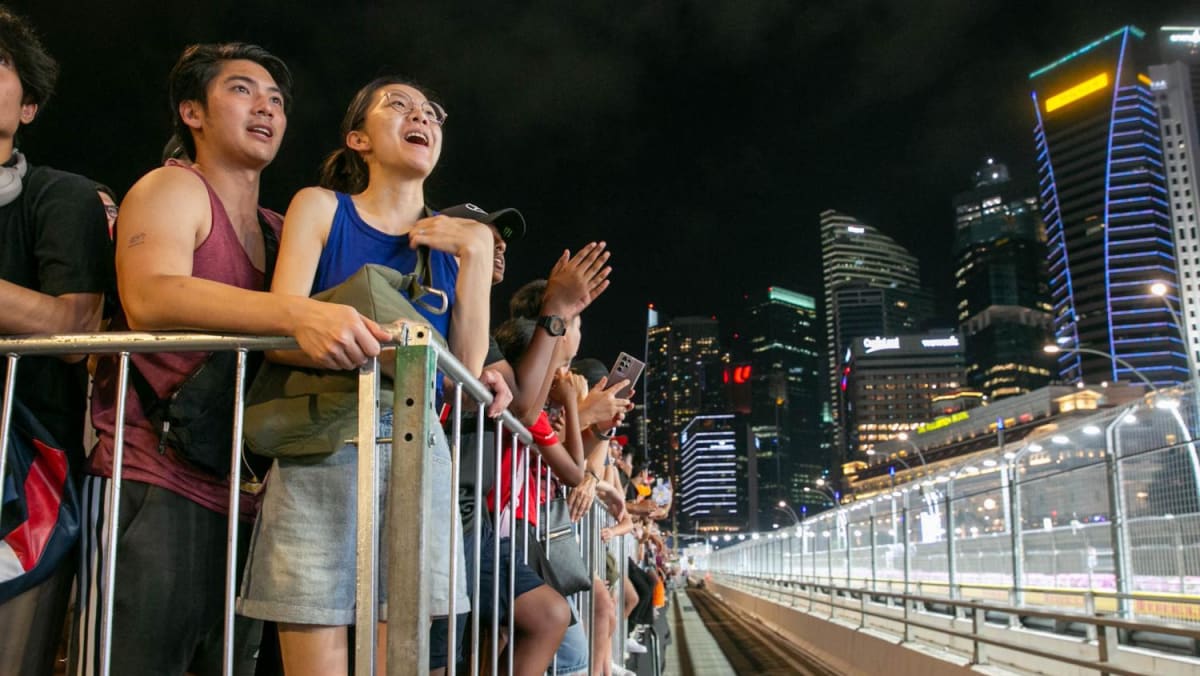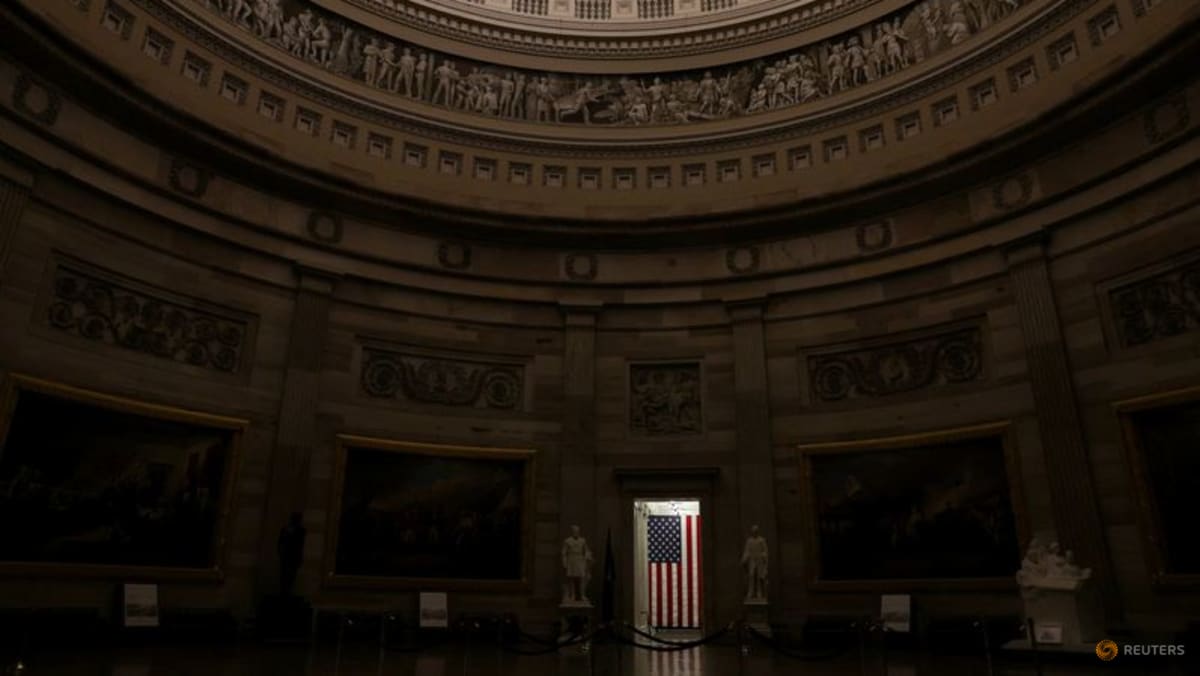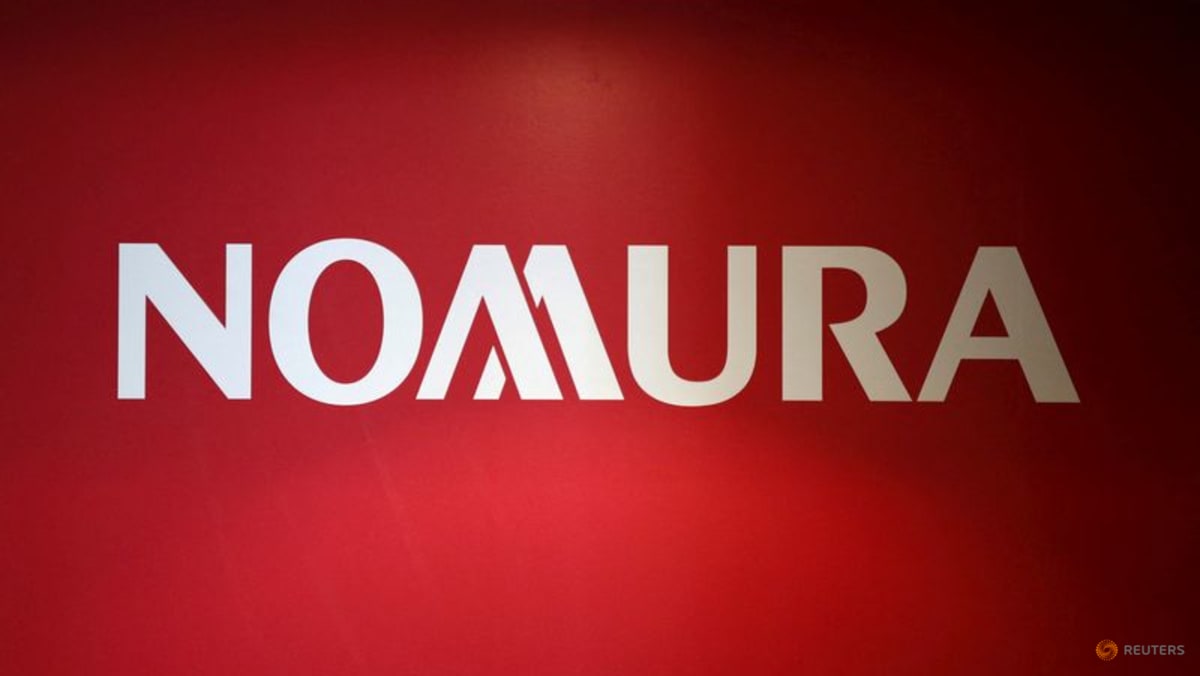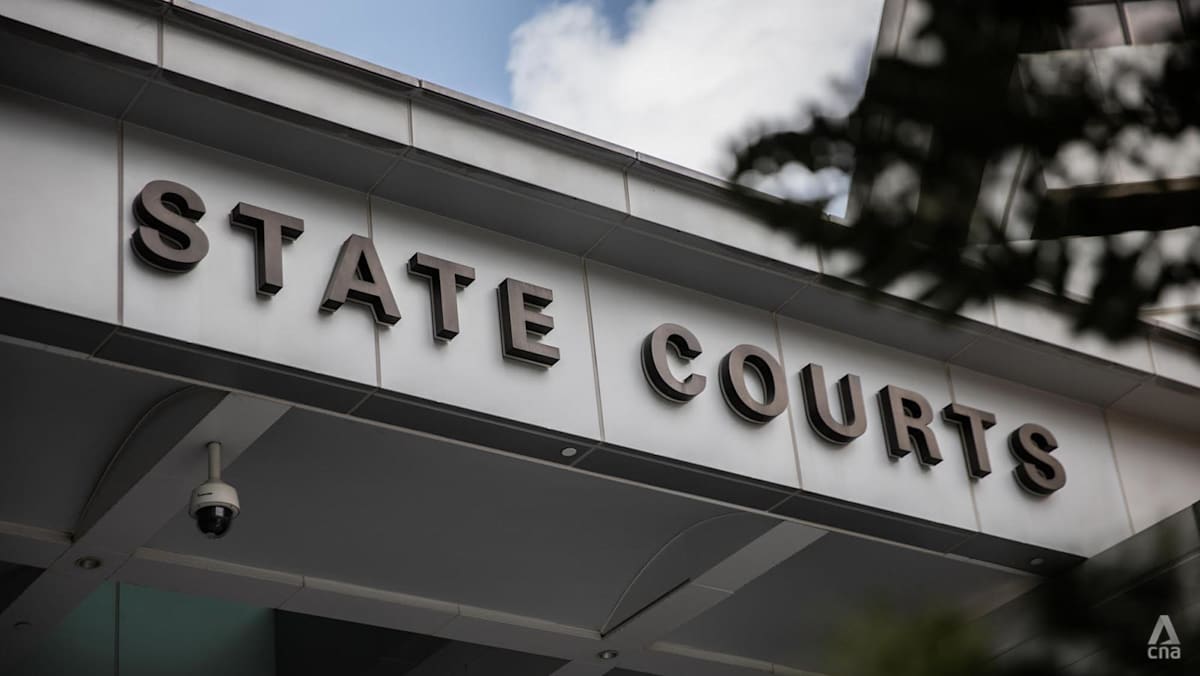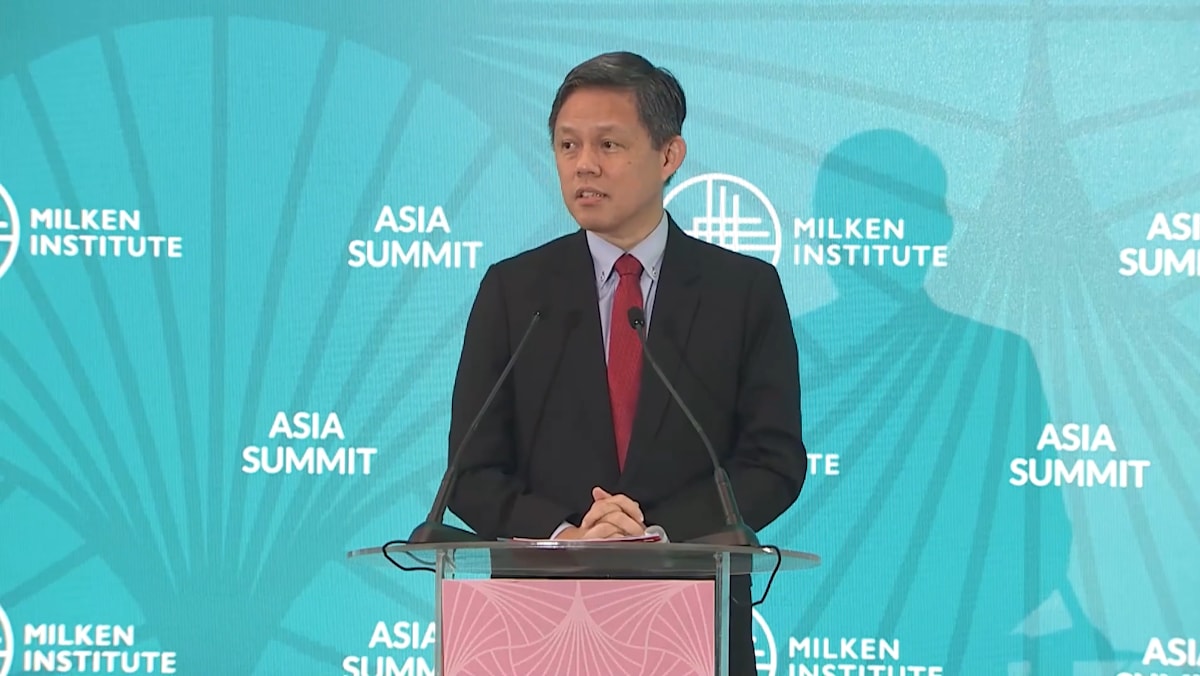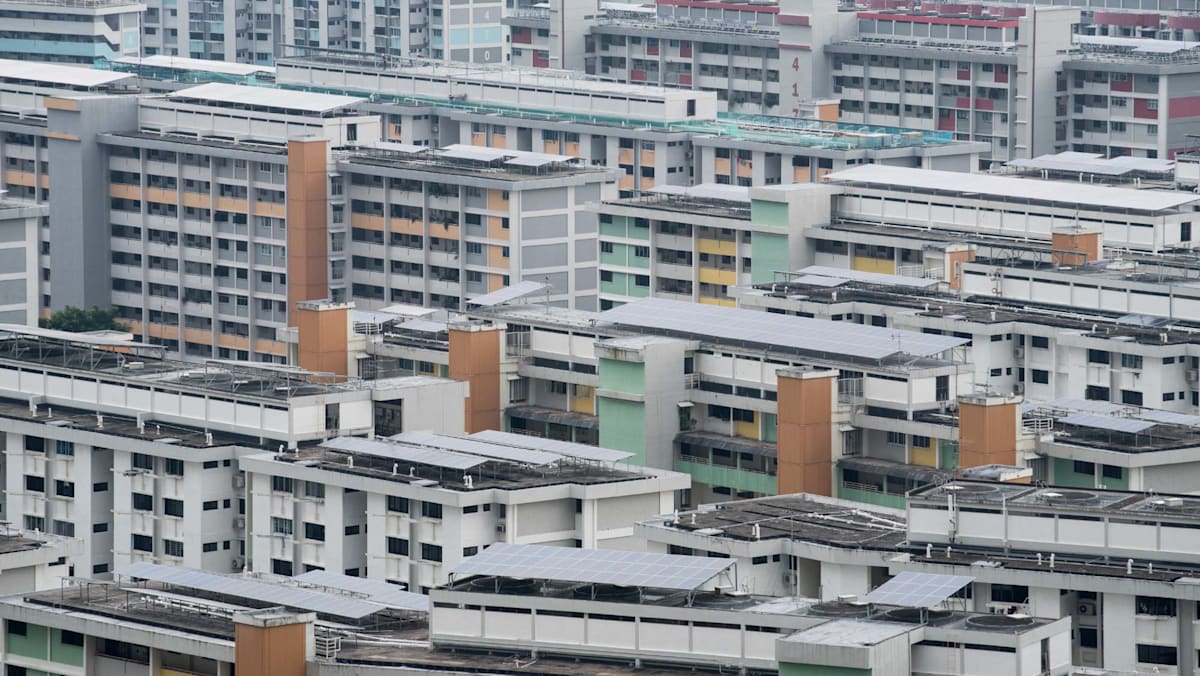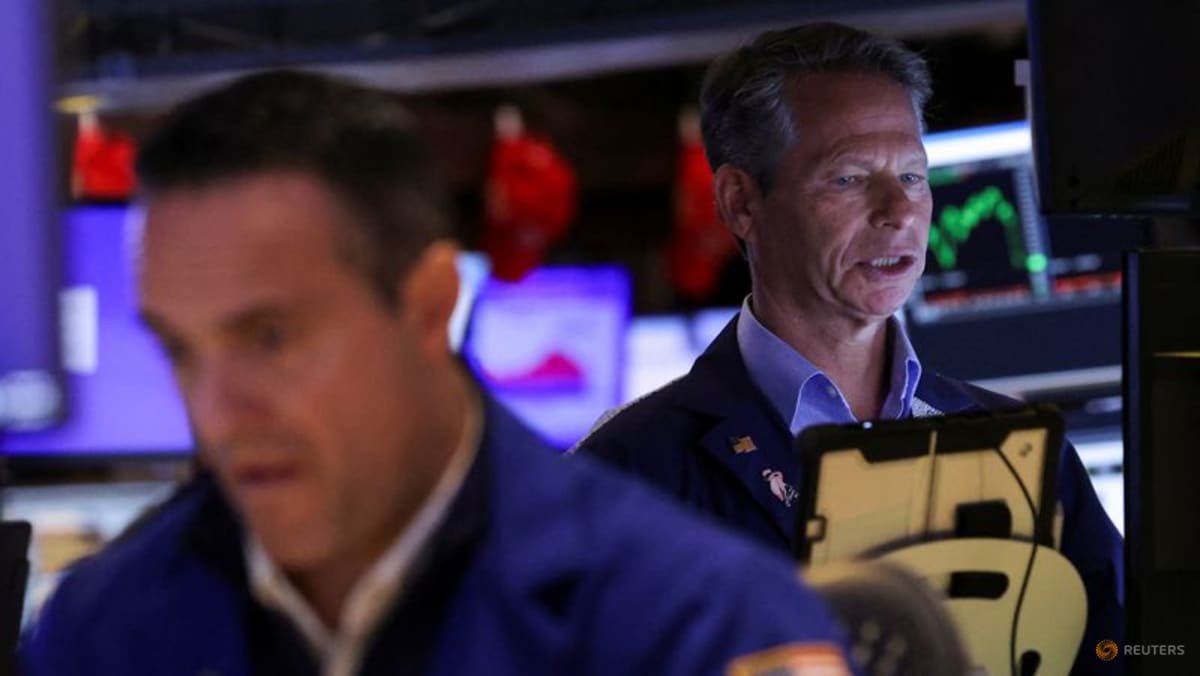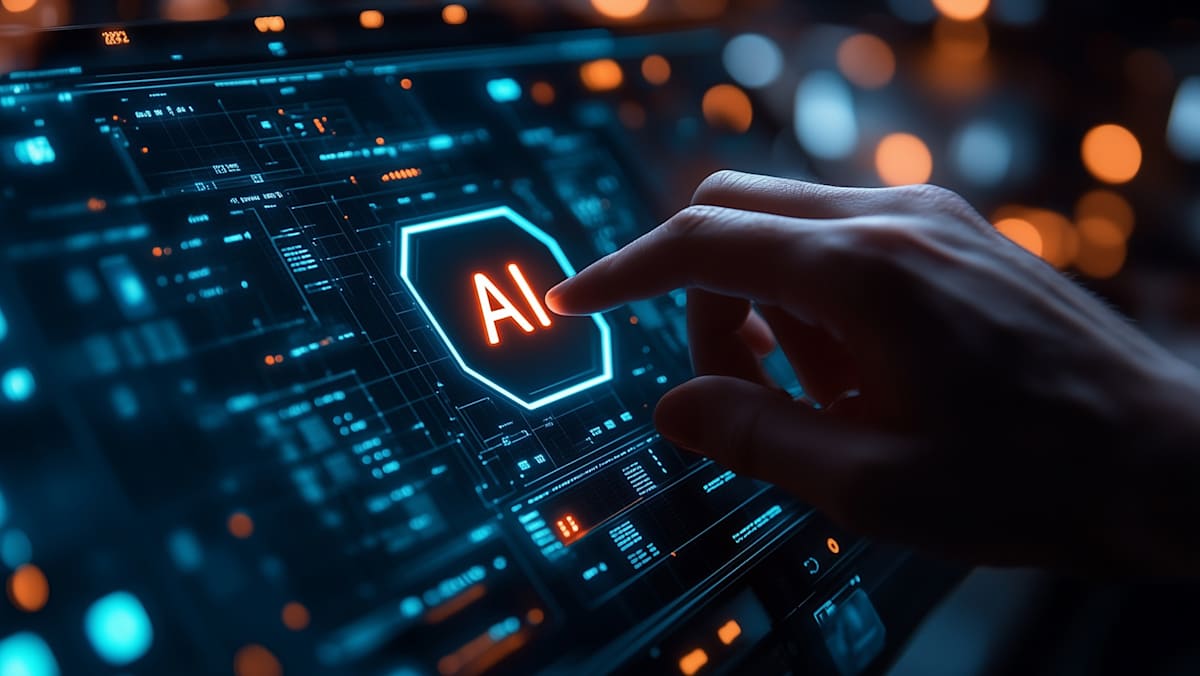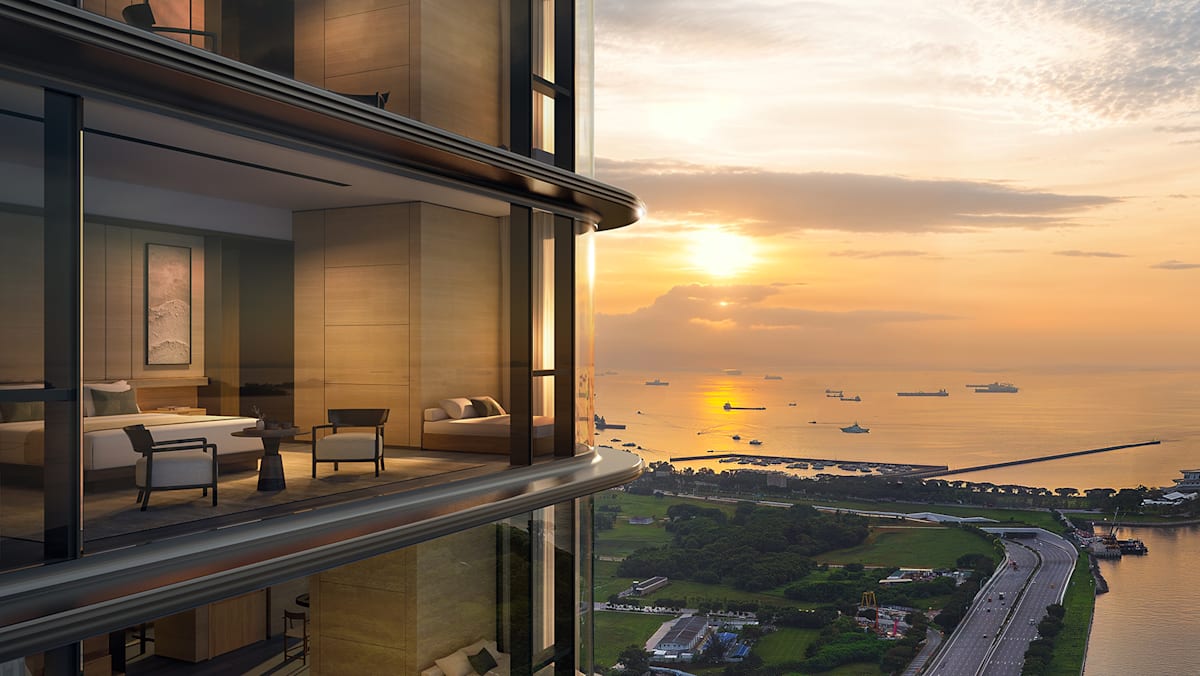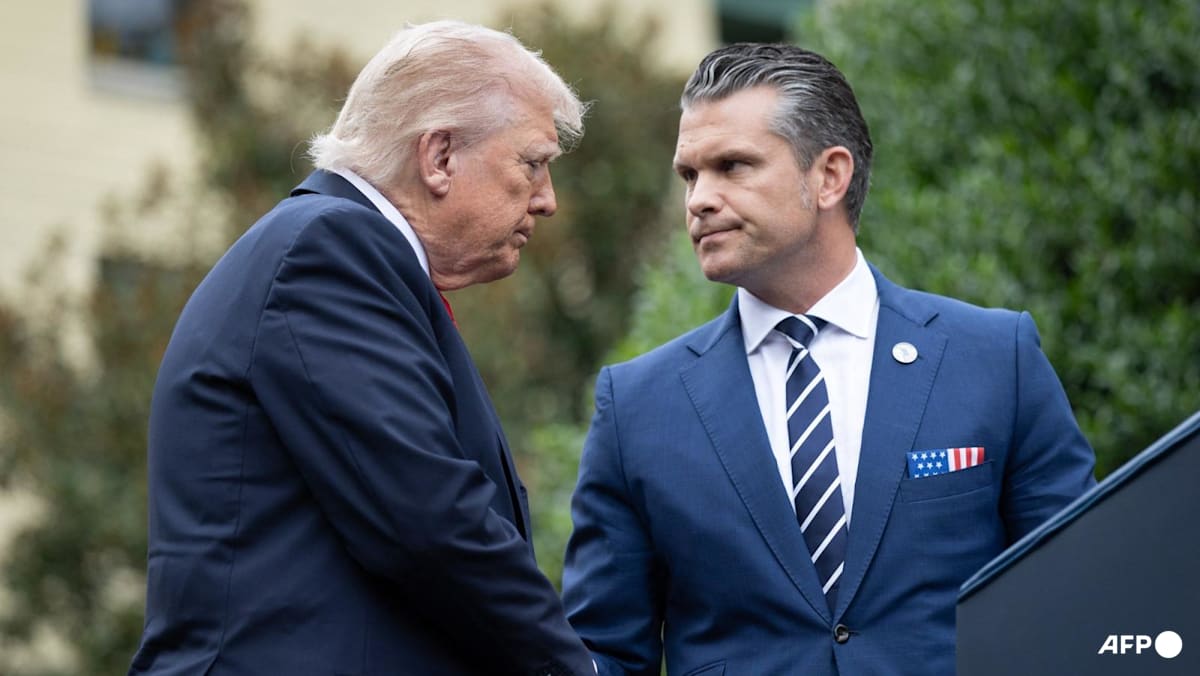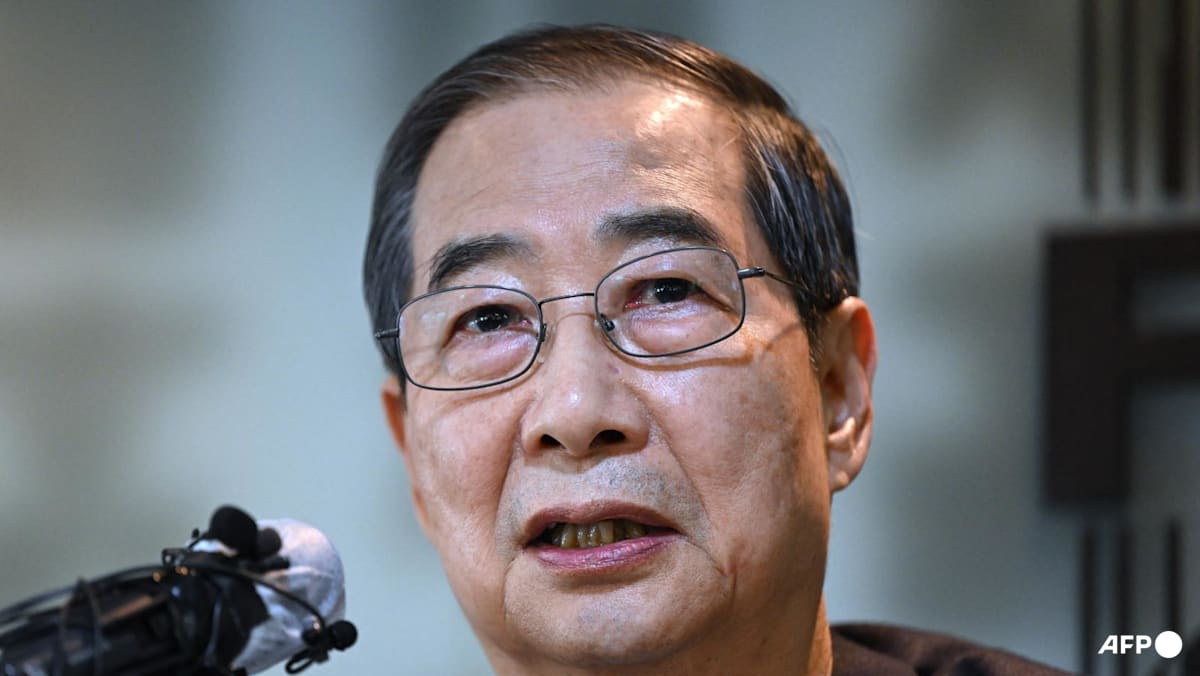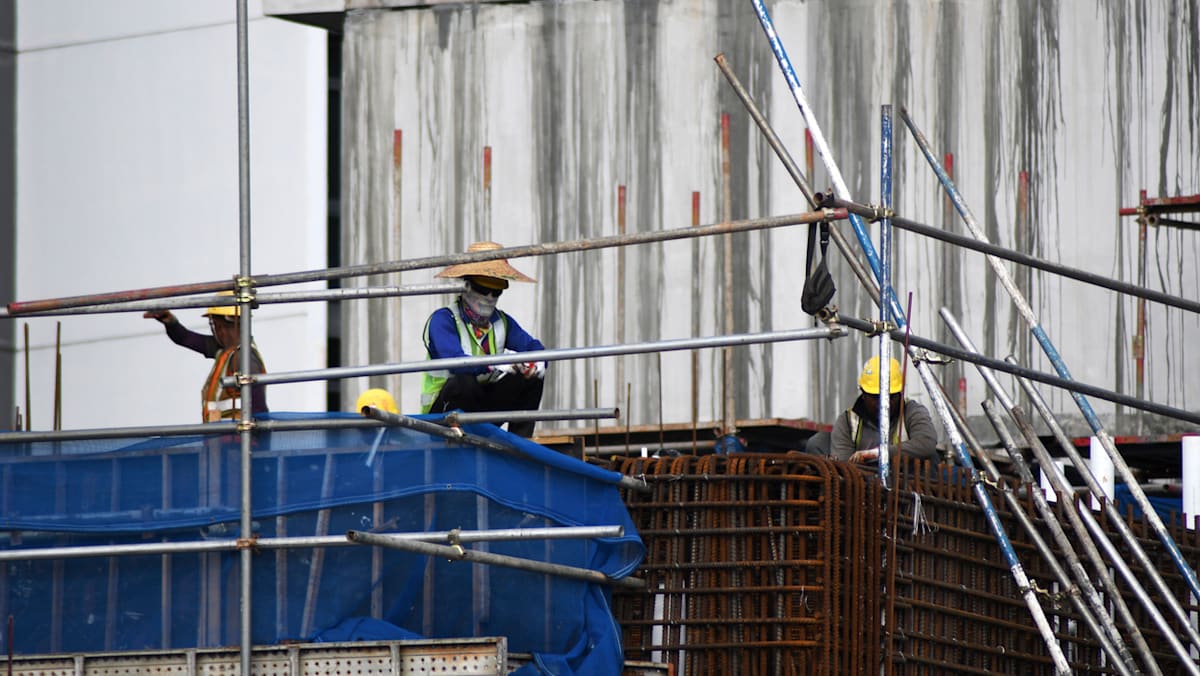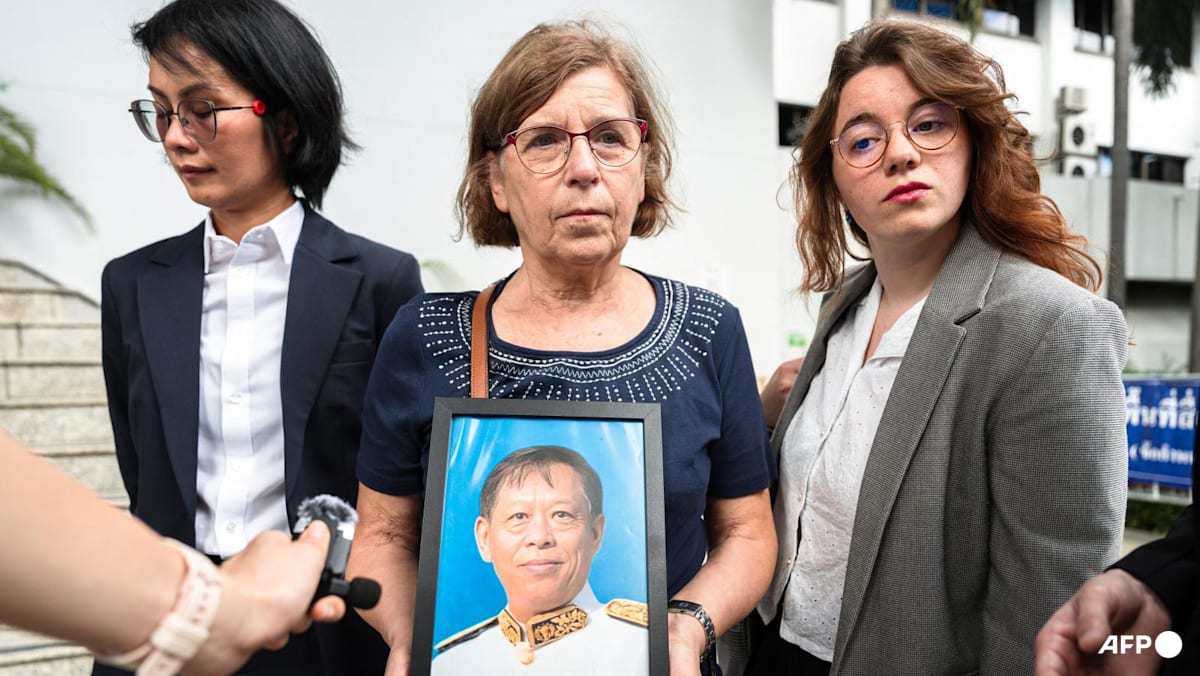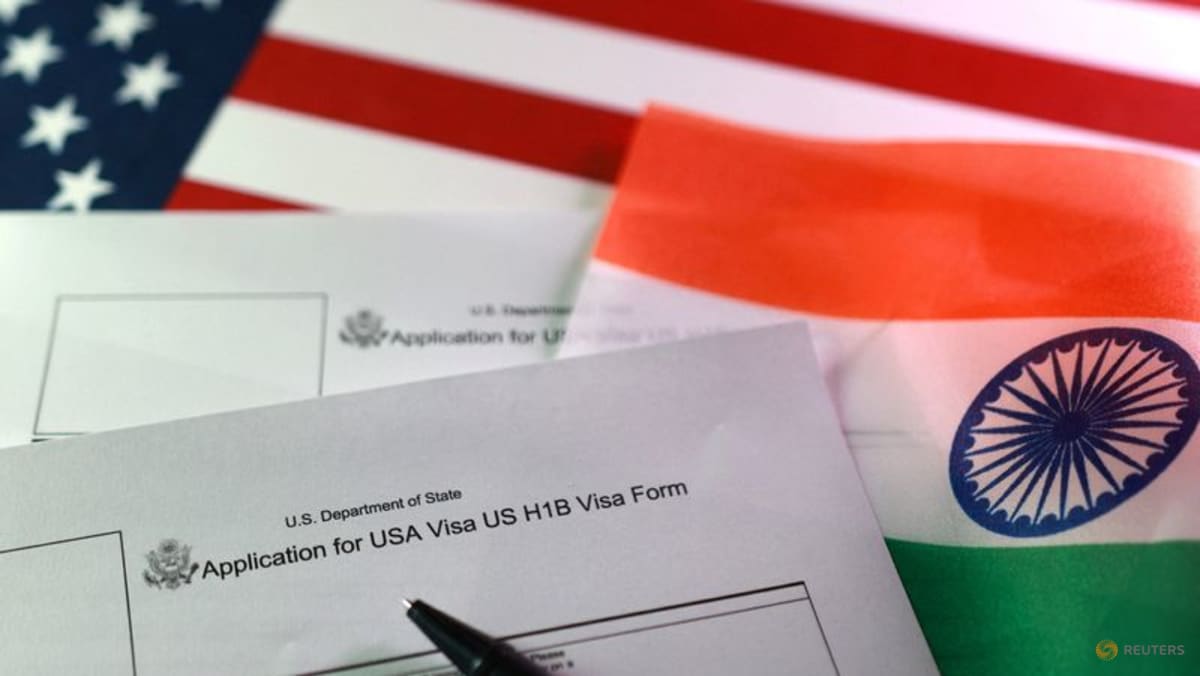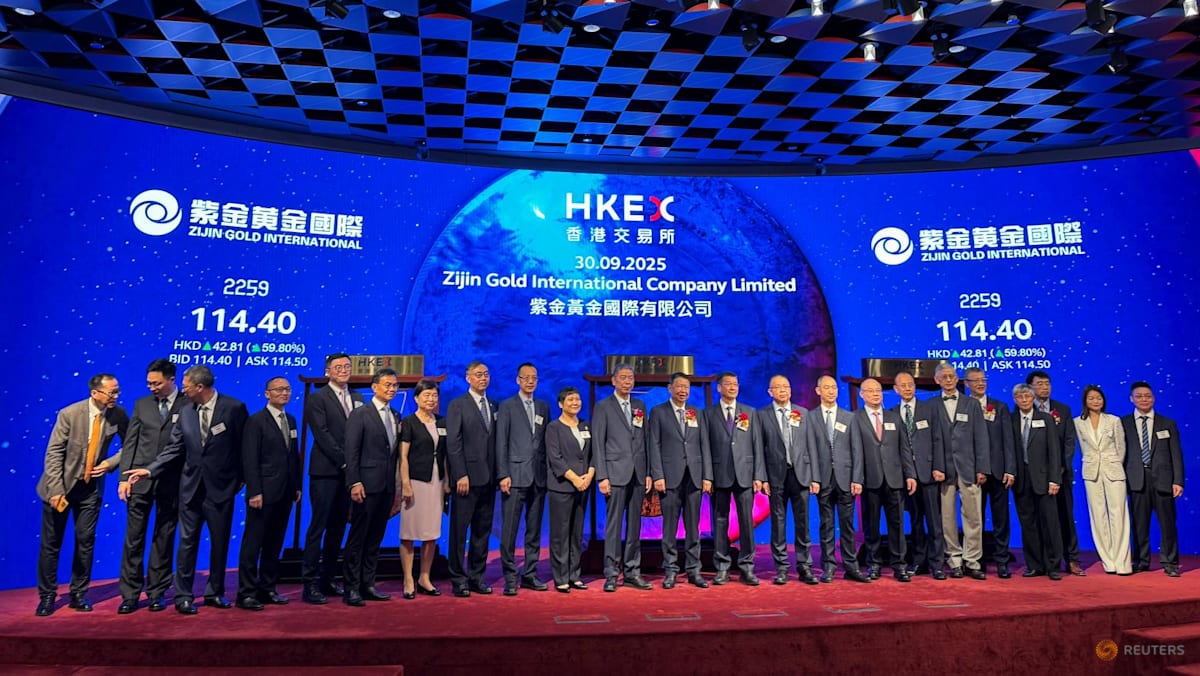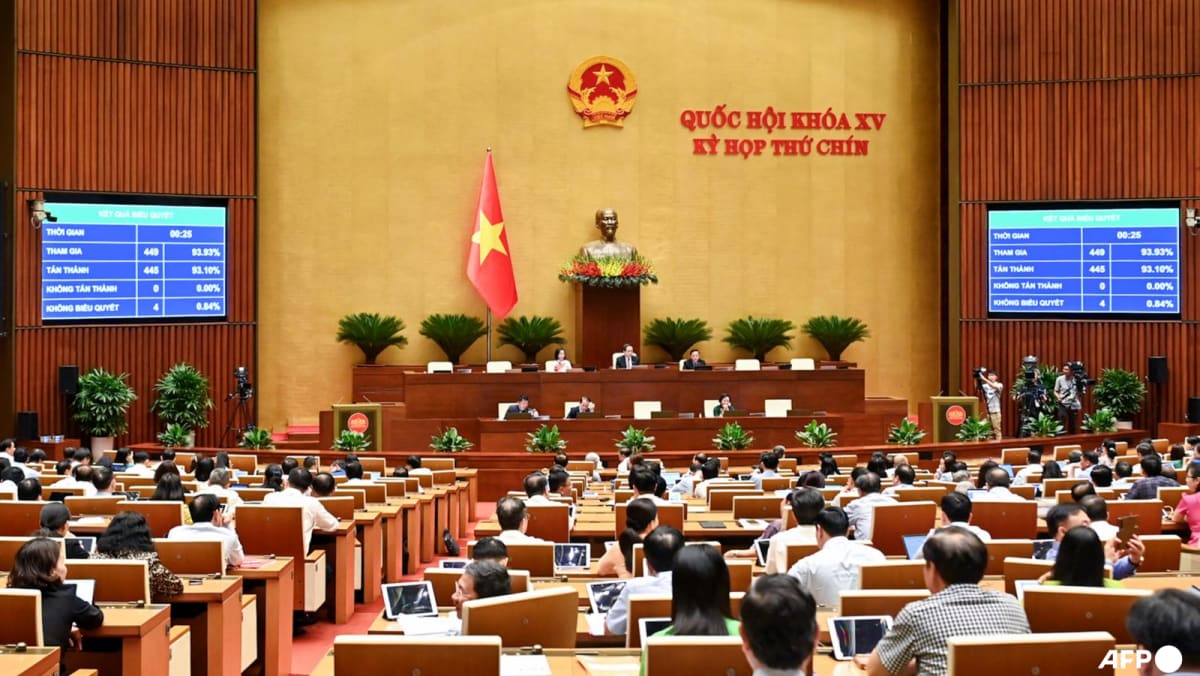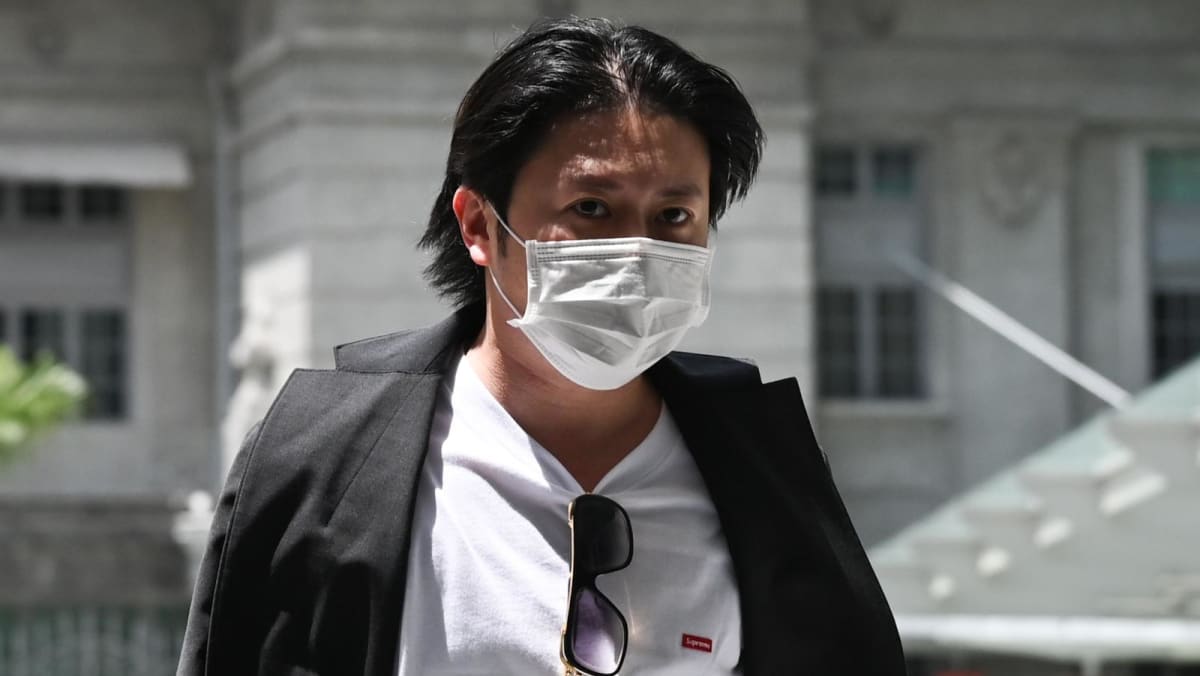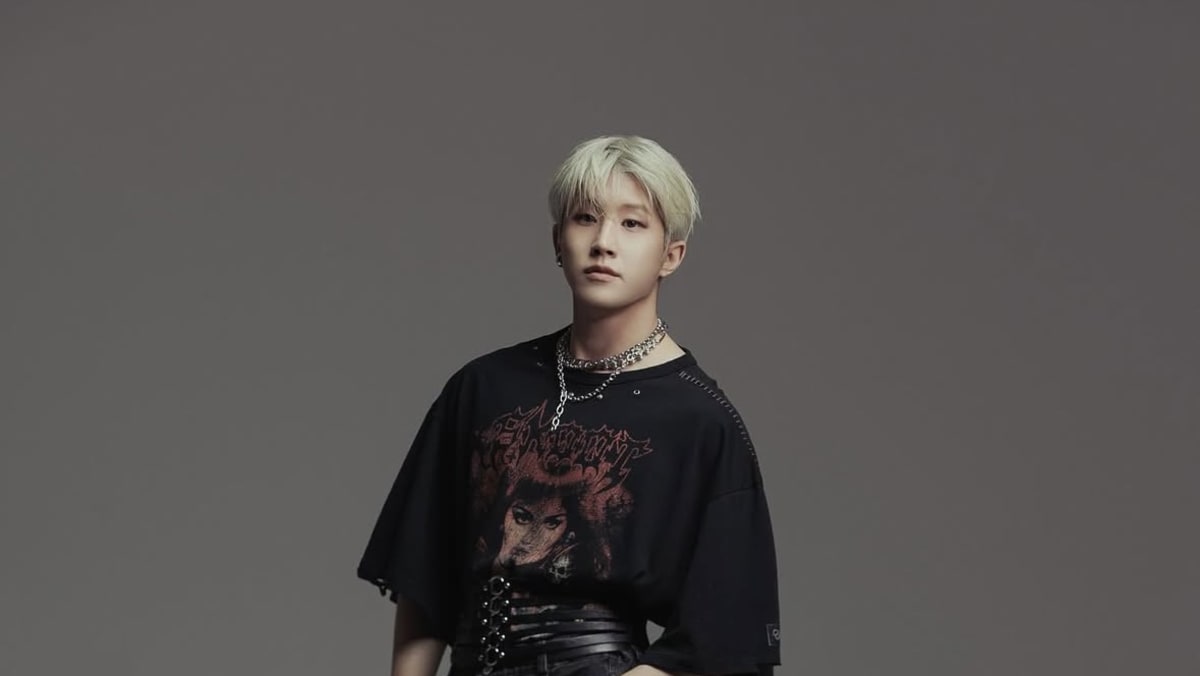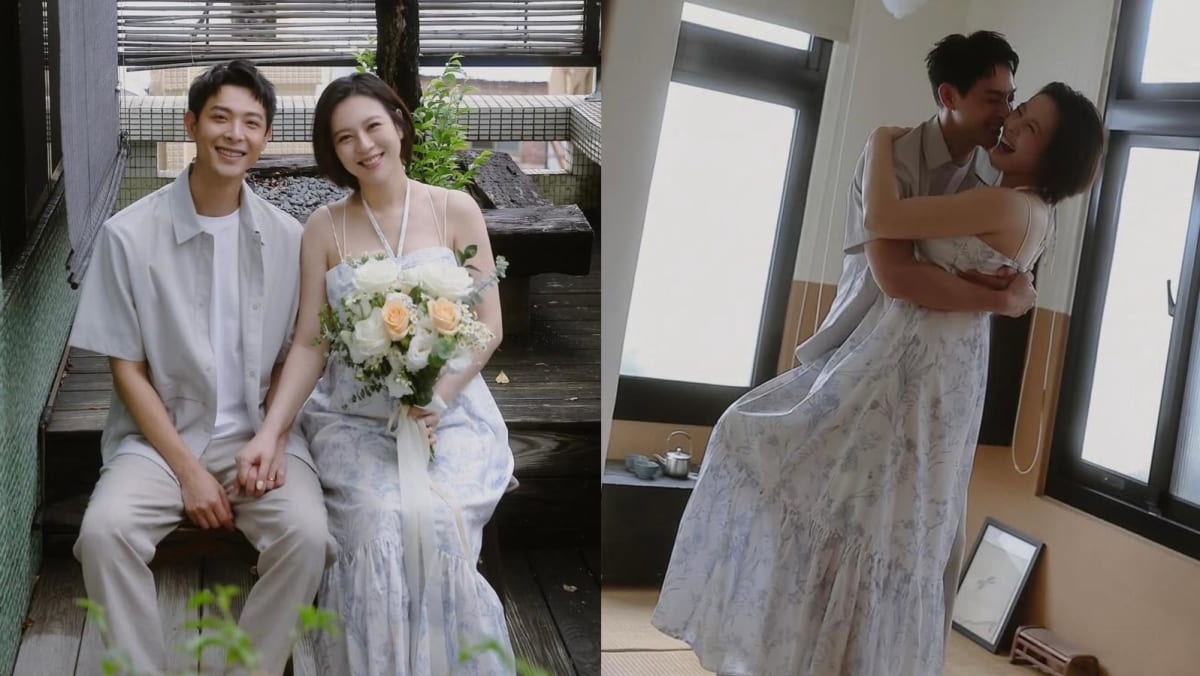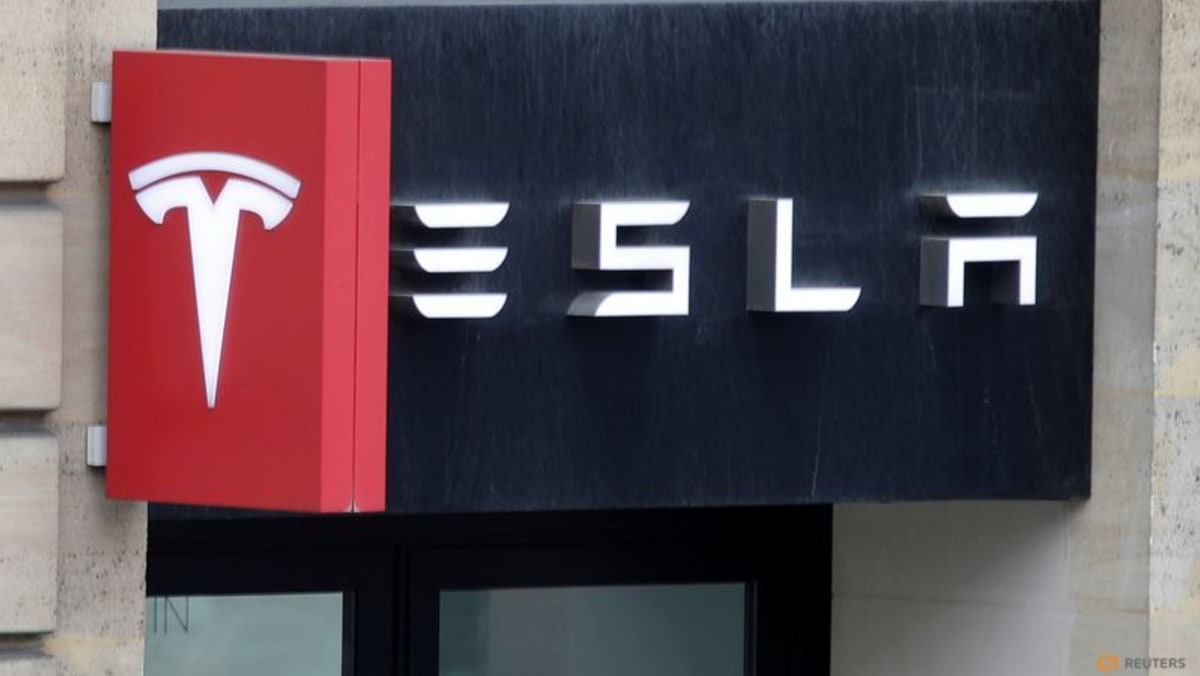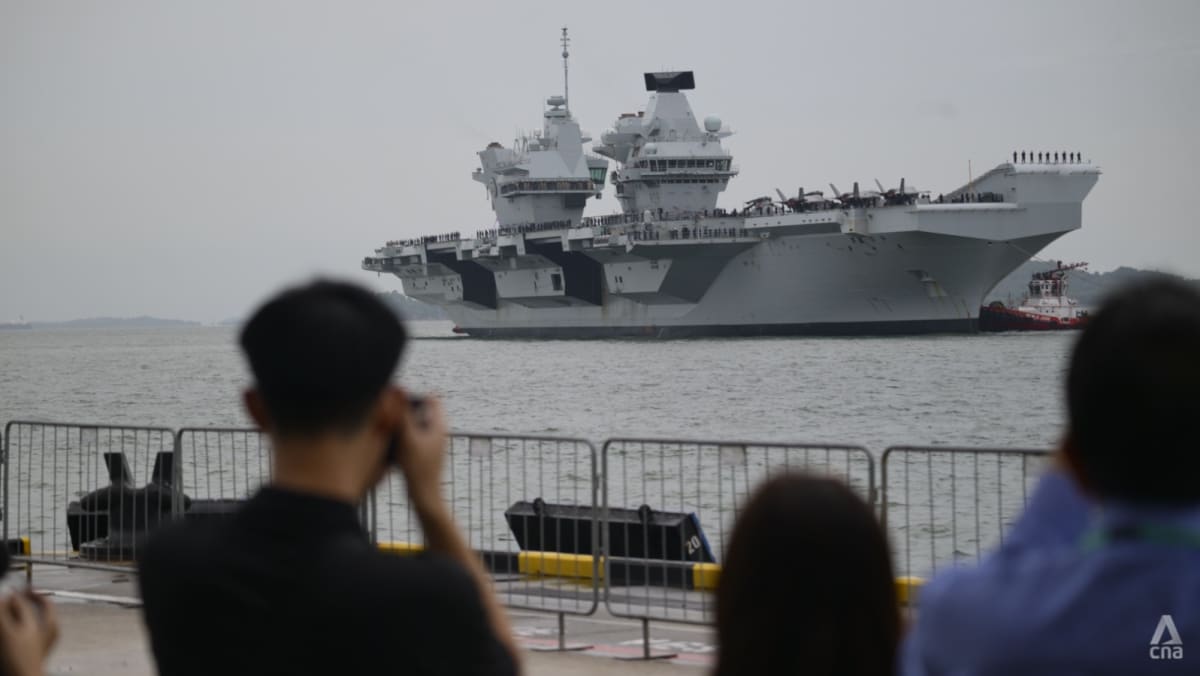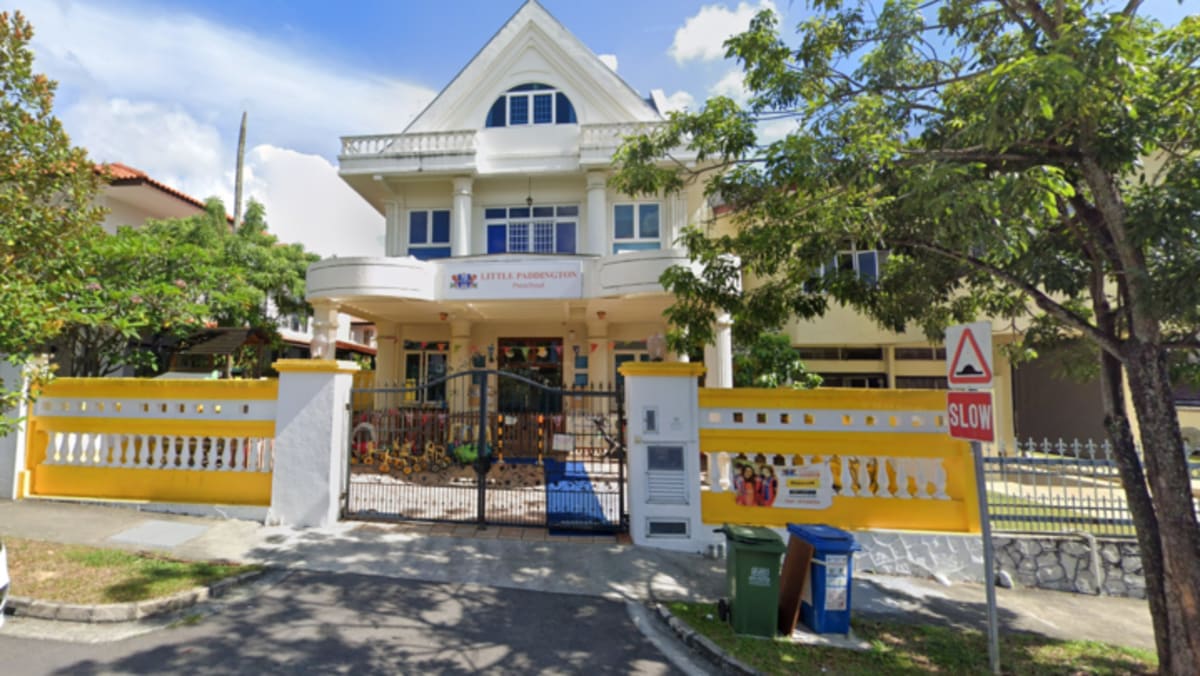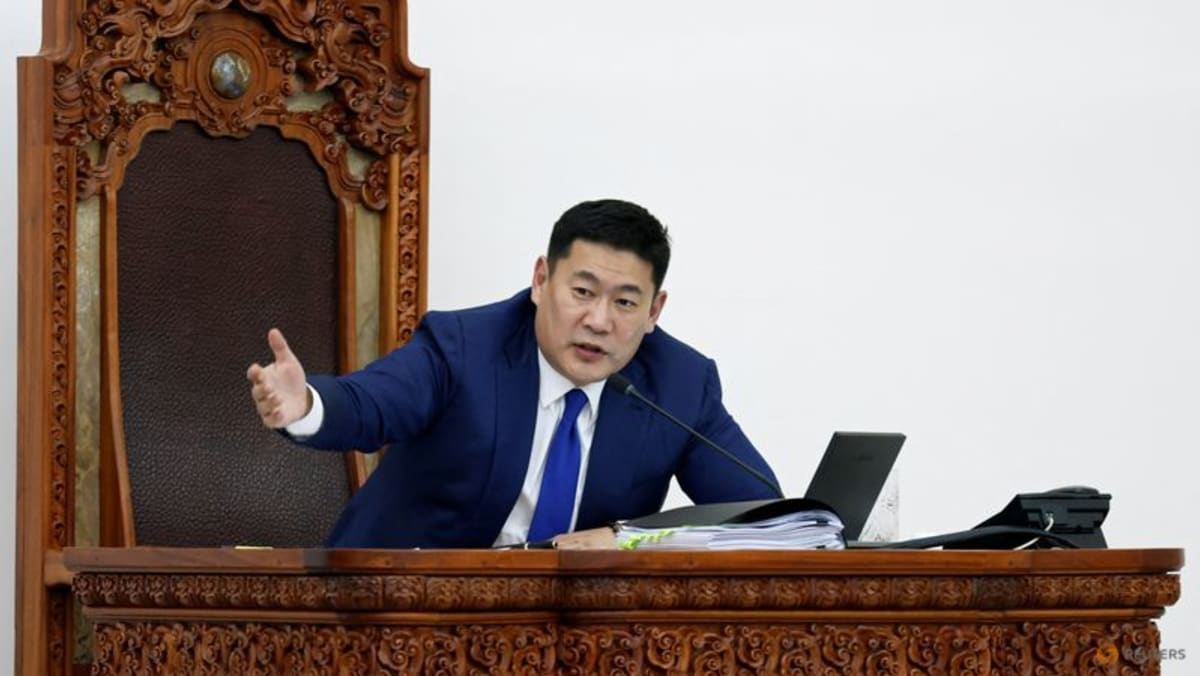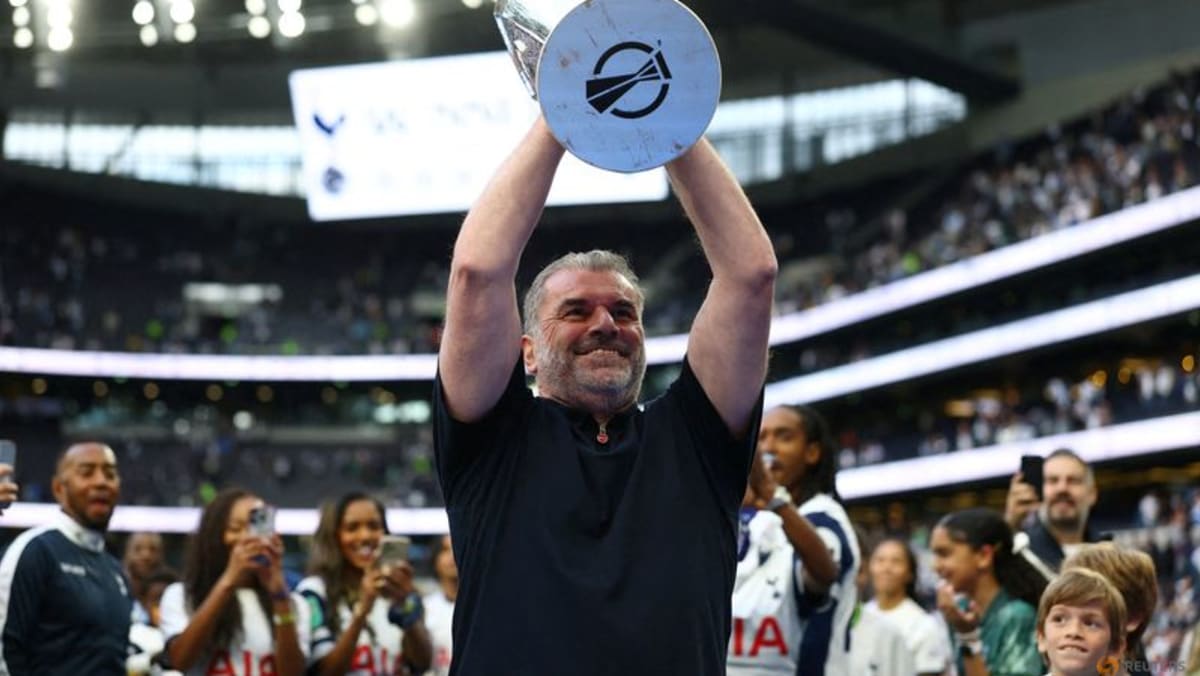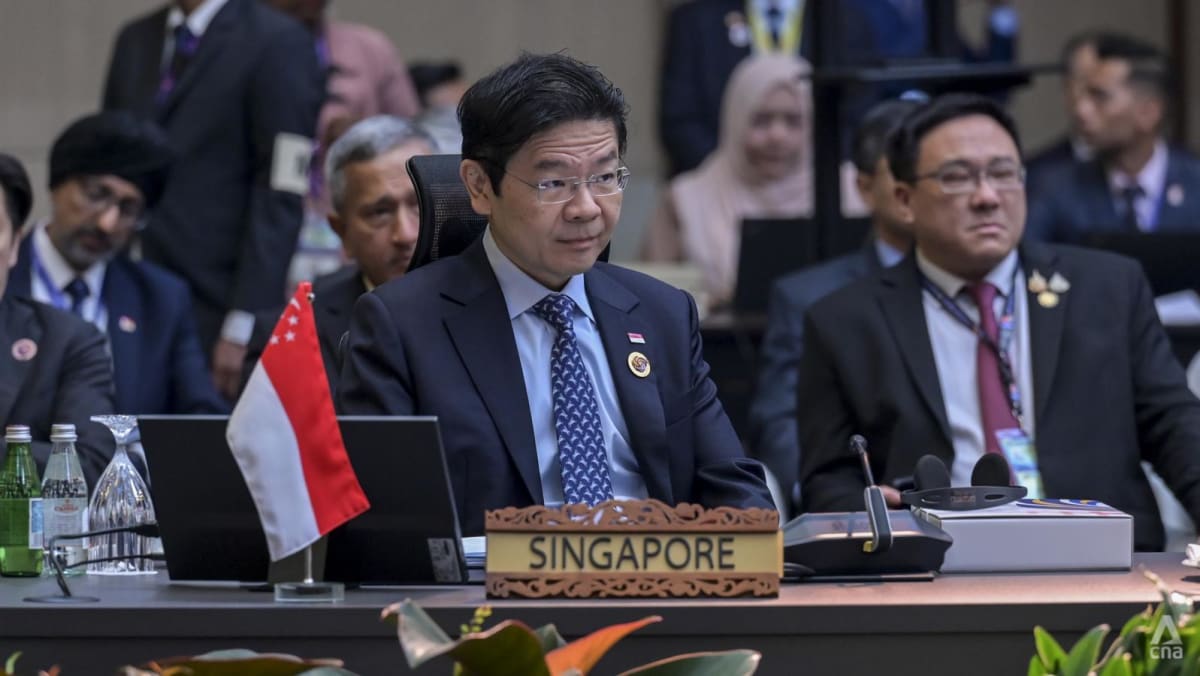SURABAYA, Indonesia: Indonesian President Prabowo Subianto arrived at the BRICS Summit in Brazil this month, eager to showcase Indonesia’s growing presence on the global stage.
Instead, his BRICS debut was quickly overshadowed by his United States counterpart, Donald Trump, announcing that his administration would proceed with a 32 per cent general tariff on Indonesian goods entering the US, first announced in April.
A day later, Mr Trump announced an additional 10 per cent would be slapped on all BRICS members, including Indonesia, its newest member.
Although Mr Prabowo - who took on the top job just nine months ago - later managed to negotiate the tariff down to 19 per cent, describing it as the result of a “tough negotiation” during a phone call with Mr Trump, the episode cast a pall over his broader efforts to elevate Indonesia’s foreign policy as a hallmark of his presidency.
Indonesia’s accession to BRICS in January marked a turn towards a more assertive foreign policy, a clear departure from Mr Prabowo’s predecessor, Joko Widodo, who had prioritised domestic issues. Ahead of the BRICS summit, the Indonesian foreign ministry had described Mr Prabowo’s intent as positioning Indonesia as a "bridge-builder" amid growing global uncertainties.
BIG FISH IN A BIG POND
Rather than anchoring Indonesia’s foreign policy to ASEAN centrality as his predecessors did, Mr Prabowo, through BRICS and other efforts, is clearly seeking bigger ponds where Indonesia may become a significantly bigger fish.
Just as Mr Widodo sought to be remembered for transforming Indonesia's physical infrastructure, Mr Prabowo appears keen on being remembered as a geopolitical heavyweight.
His participation in the St Petersburg International Economic Forum (SPIEF) in June, alongside Russian President Vladimir Putin, was telling.
At that forum, Mr Prabowo claimed Indonesia’s BRICS accession process had been one of the fastest of all countries. He also explained his decision to attend the SPIEF instead of the G7 Summit in Canada to which he had been invited as a guest.
"It is not because I didn't respect the G7, but because I gave my commitment to attend this forum before they invited us.” He added that Indonesia, by tradition, has always been non-aligned and that it "respect all countries”.
A REALIST
Mr Prabowo’s interest in geopolitics is not new. As defence minister (from 2019 to 2024), he drew fire after pitching a controversial peace plan for the war between Russia and Ukraine at the Shangri-La Dialogue in 2023.
His proposal included the creation of a demilitarised zone and an eventual United Nations-sponsored referendum in the “disputed territories”. Ukraine's then foreign ministry spokesperson, Oleg Nikolenko, rejected it outright, saying there were no disputed territories and that Russia's withdrawal from all the occupied territories was non-negotiable.
That episode revealed Mr Prabowo’s realist outlook and the priority he gives to hard power in international relations over international laws and conventions.
That posture has continued into his presidency.
During a press conference with French President Emmanuel Macron in Jakarta in May, he declared: "We must acknowledge and guarantee Israel's rights as a sovereign country," adding a caveat that "Indonesia has stated that once Israel recognises Palestine, Indonesia is ready to recognise Israel".
No previous Indonesian president has dared to offer an explicit promise to recognise the state of Israel, let alone throwing in some form of security guarantee.
Yet, apart from his blunt language, Mr Prabowo had in fact barely shifted Indonesia's traditional stance vis-a-vis Israel. It has been a key element of its foreign policy to withhold diplomatic recognition and avoid ties with Tel Aviv as long as there is no independent Palestinian state.
Now he has appeared to make, by the tone of his language at least, Palestine's independence a foreign policy priority. He has, moreover, signalled his willingness to work with Israel to achieve this objective, even if he has never elaborated how.
In April, Mr Prabowo underlined his resolve to nudge along a resolution of the Israel-Palestine conflict by offering to temporarily shelter 1,000 Palestinians impacted by the war in Gaza. If carried out, this will represent Indonesia’s most concrete commitment to the Palestinian cause to date.
FOREIGN POLICY AS LEGACY
Central to Mr Prabowo's approach is his ambition to usher in an age in which Indonesia “will rise as a great country”.
In this, he echoes Indonesia's first president, Sukarno, who had sought to bypass the two-bloc nature of the post-war world by drawing the non-aligned countries together as a third force.
Mr Prabowo's real challenge remains how to balance Indonesia's role as a middle-ranking power amid global power rivalries.
But what is becoming increasingly clear is that he will use all the influence at his disposal to raise Indonesia’s prominence and stature and, by extension, the potential to make his own personal legacy more memorable than those of his predecessors.
Johannes Nugroho is a writer and political analyst from Surabaya, Indonesia.

